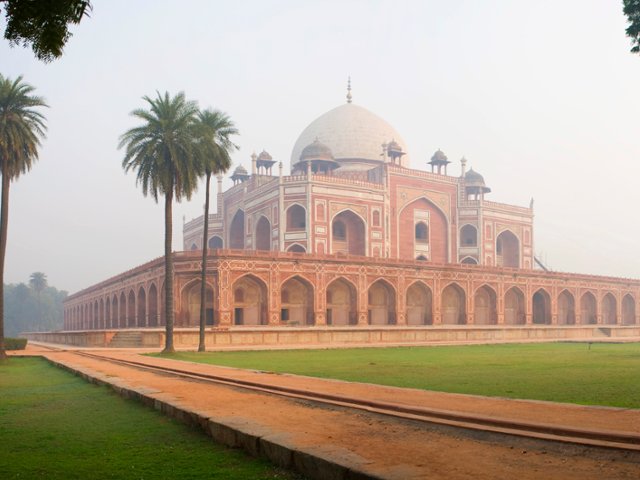Never said it was the same local pagan rituals. Never said it was a 100% pagan holiday either. As I've said, the Christian holidays are a mix of early Christian (or Judeo-Christian) celebration and local pagan rituals and symbolism, which were adopted (mostly) to try to convert the natives of those lands. (It appears that the first Christians didn't even really have celebrations for those holidays and it came afterwards, but I'd have to reference wikipedia and Ben has an irrational hatred for that site, but for not Ben's:
http://en.wikipedia.org/wiki/Easter )
And, of course, the pagan rituals aren't anti-Christian or completely separate, because I've shown churches that have Easter egg hunts on their lawns and I'm sure we've all seen a Christmas tree at a church.
The first Christians, Jewish Christians and Gentile Christians, were certainly aware of the Hebrew calendar (Acts 2:1; 12:3; 20:6; 27:9; 1 Cor 16:7), but there is no direct evidence that they celebrated any specifically Christian annual festivals. The observance by Christians of non-Jewish annual festivals is believed by some to be an innovation postdating the Early Church. The ecclesiastical historian Socrates Scholasticus (b. 380) attributes the observance of Easter by the church to the perpetuation of its custom, "just as many other customs have been established," stating that neither Jesus nor his Apostles enjoined the keeping of this or any other festival.
http://en.wikipedia.org/wiki/Easter )
And, of course, the pagan rituals aren't anti-Christian or completely separate, because I've shown churches that have Easter egg hunts on their lawns and I'm sure we've all seen a Christmas tree at a church.


 . He could said, I'm them Messiah, celebrate this day if he really wanted to.
. He could said, I'm them Messiah, celebrate this day if he really wanted to.


Comment